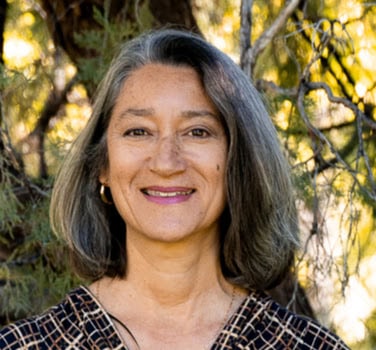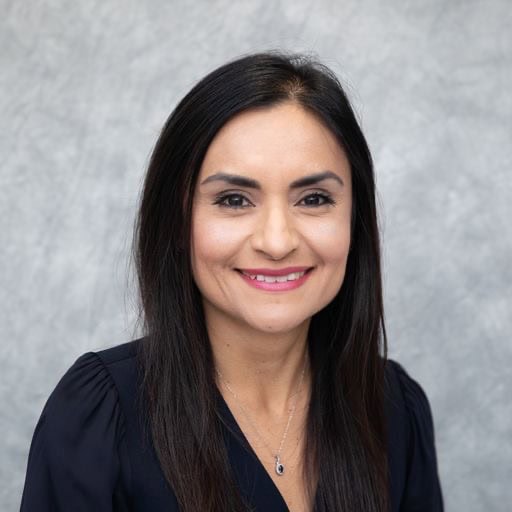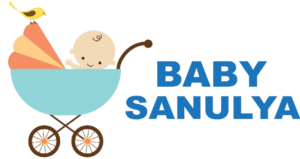This month on It’s Time for Science, it’s time to talk about ELD (English language development) and science instruction! Host Tom Racine chats with Diana B. Vélez and Veronica Gallardo.

Diana B. Vélez is a curriculum developer and professional learning provider for the Full Option Science System Project (FOSS) at the Lawrence Hall of Science. She specializes in English language development and the integration of literacy in science teaching and learning. Ms. Vélez assists in the development and implementation of FOSS instructional materials and creates pedagogical resources that support access and equity. Using FOSS instructional materials, she also leads professional learning experiences for educators, administrators, families, and community members. These experiences develop scientific literacy, teacher capacity, and systemic change in schools and districts nationwide and internationally. Before coming to the Lawrence Hall of Science, Ms. Vélez was the instructional leader for a science-centered elementary school in Oakland, California and a teacher in a Spanish dual-immersion program.
Veronica Gallardo is a bilingual reading specialist and science consultant. In the last fifteen years, she has held many professional and volunteer roles; a teacher in kindergarten, first grade, and middle school and as a site administrator for two elementary schools. Additionally, Ms. Gallardo volunteers her time in support of community literacy initiatives. She holds multiple Master’s degrees, a Certificate in Education Finance, and CA credentials in several subjects. She can be reached at www.readingliteracyspecialists.com

Tom talks with Ms. Vélez and Ms. Gallardo about the importance of connecting ELD and science instruction. They highlight the correlation between oral vocabulary and the ability to read words and discuss the research and experience that both support active science as one of the best places to develop language skills. The discussion goes into depth about the relationship between the FOSS Project and Santa Barbara Unified School District (SBUSD). FOSS has existing resources for ELD and ELA instruction and has worked with SBUSD to help create lessons and units that align with the FOSS curriculum.
As the conversation continues, it explores how experiencing concepts in context is the best way for students to learn and ties in the importance of oral learning for all students. Ms. Gallardo and Ms. Vélez provide some examples collected while working with students and point out how invigorating it is to see the connections students make. They close the discussion by talking about how equity in the classroom is connected to speaking/reading/listening/writing all in tandem with doing science. Also discussed is the variability in the rate of development for each student and the need for having a shared experience where all students can engage. Focusing on the needs of particular students so they are able to fully participate and access the curriculum is also touched upon.
Producer David Lippman also shares a few words about Amy Tan’s amazing book, The Backyard Bird Chronicles, published by Knopf.
Interested in learning more about Science Centered Literacy Integration with FOSS? Check out our October FOSS Blog Post where you can discover more information about how FOSS helps students build a solid educational foundation, with the benefit of strengthening both their scientific process and their language development skills. Read the article today!
To get in touch with us, whether to offer some feedback, ideas for future episodes or reviews, or just to say hi, send us a message at itstimeforscience@schoolspecialty.com. We’d love to hear from you!
Look for School Specialty and FOSS on X and Facebook. It’s Time for Science is produced by School Specialty® and the Full Option Science System™ (FOSS®) at the Lawrence Hall of Science, University of California, Berkeley.
Listen to It’s Time for Science on your favorite podcast platform.


